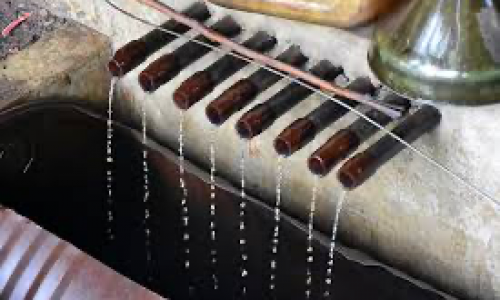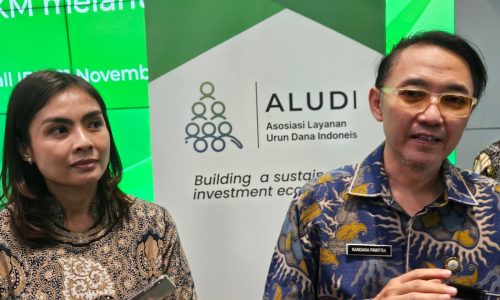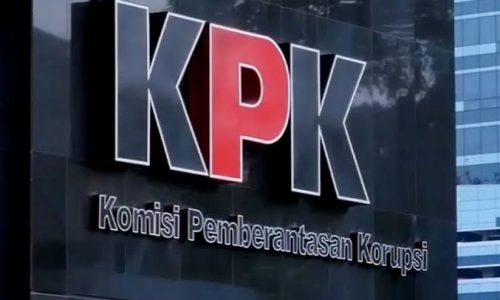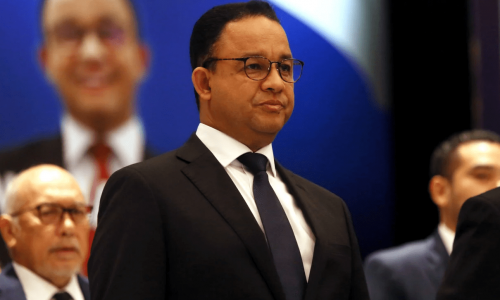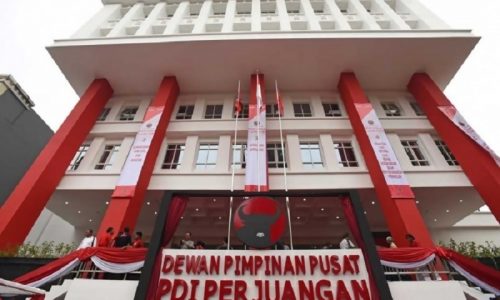The Indonesian Textile Association (API) is asking the government to swiftly introduce Anti-Dumping Import Duty (BMAD) regulations on imported textiles next month to create a level playing field for domestic and imported textile products.
The move is essential to balance the competition between imported and local textile products, which currently favors cheaper imports.
Danang Girindrawardana, Executive Director of API, highlighted the urgency of BMAD due to the significant price disparity between imported and local textiles in domestic market.
“Imported textiles, with similar quality, type, and variety, are priced 50 percent to 70 percent lower than local products. This situation is illogical and unsustainable,” Danang said as quoted by Katadata.co.id on June 26, 2024.
He advocates for simultaneous implementation of Safeguard Duties (BMTP) alongside BMAD. He believes BMTP is crucial for giving the national textile industry time to improve its production operations.
He suggested a two-year implementation period for both BMAD and BMTP but acknowledged that calculating the exact tariffs would take time.
“Determining the appropriate BMAD and BMTP rates requires careful calculation, but we are confident that the Minister of Finance and the Minister of Trade can expedite this process,” he said.
API is also pushing for a revision of the Ministry of Trade Regulation No. 8/2024 on Import Policy and Regulation. This regulation, which was recently revised and took effect on May 17, 2024, has reportedly eased restrictions on general importers by not requiring technical considerations, leading to an uneven playing field between garment producers and importers.
Danang stressed the need for stricter enforcement of Indonesian National Standards (SNI) at ports to curb illegal imports.
“The enforcement of SNI has been lax. It’s imperative that illegal imports are thoroughly eradicated,” he said.
Echoing this sentiment, Welly Salam, CFO of textile manufacturer PT Sri Rejeki Isman (Sritex), underscored the necessity for government measures to impede the influx of Chinese textile products.
He argued that Chinese textiles, which often enter the market through unofficial channels and without paying taxes, have a competitive edge that is detrimental to local industries.
“We hope the government can establish both tariff and non-tariff barriers for Chinese textile products to ensure fair competition,” Welly said on Tuesday, June 25, 2024.
The higher competitiveness of Chinese textiles, according to Welly, is due to their avoidance of various taxes, unlike local producers who must comply with multiple tax obligations, including value-added tax, corporate income tax, and employee income tax.
This tax burden, combined with lower production costs in regions like Central Java where Sritex operates, further complicates the local industry’s ability to compete.
In conclusion, the API’s call for BMAD and BMTP regulations is seen as a critical step to protect and revitalize Indonesia’s domestic textile industry, ensuring it can compete fairly with imported goods and sustain its growth.



